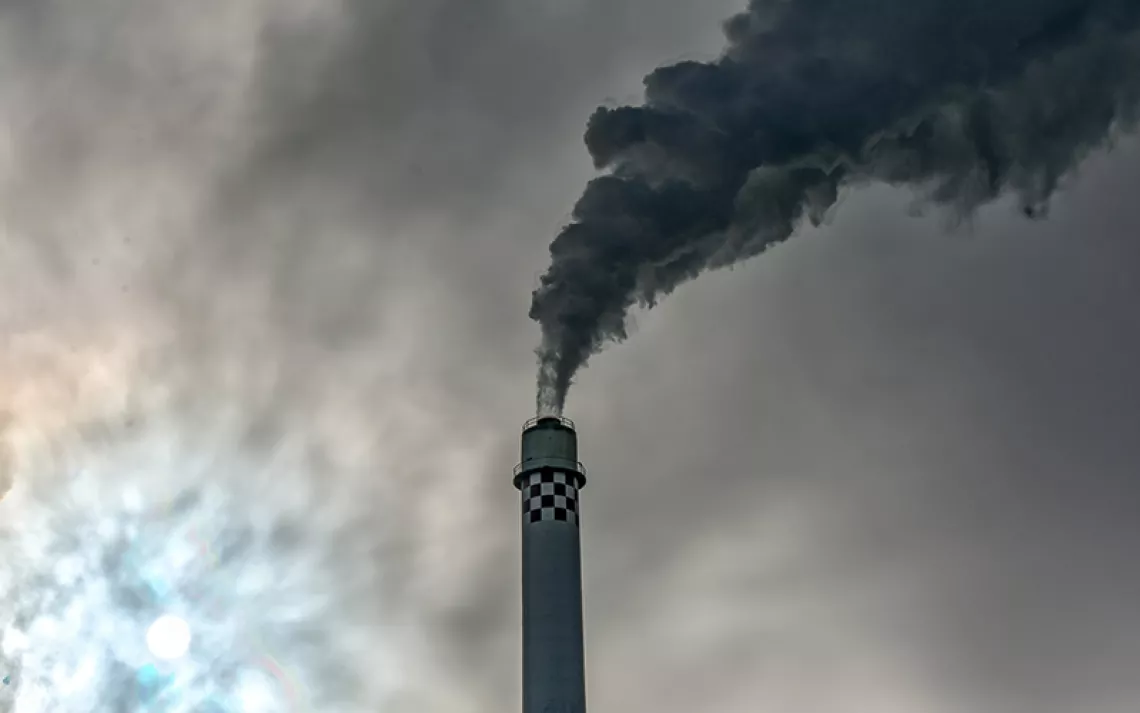What Is the Safest Way to Wash Fruits and Vegetables During COVID?
You can't beat good old-fashioned cold, running water

Photo by AlexRaths/iStock
Hey Ms. Green,
What is the safest and healthiest way to wash fruits and vegetables in the time of the coronavirus?
—Kim in Madrid, California
The US Food and Drug Administration says, "There's no evidence of food, food containers, or food packaging being associated with transmission of COVID-19." And there's no scientific evidence that washing produce with produce soap, lemon juice, or vinegar makes viruses inactive. Washing produce with those or other disinfectant products can potentially make you sick. For example, bleach can trigger asthma.
So what should you do when you get home with those groceries? The US Centers for Disease Control and Prevention recommends washing produce with cold, running water.
Wash your hands with soap before and after handling food. Plain soap makes coronaviruses inactive; disinfectants, wipes, gels, and creams with alcohol are not as good as plain soap, according to Dr. Pall Thordarson, a chemistry professor at the University of New South Wales. I use Etee's organic, plastic-free dish-soap bars because they don't dry my hands.
Consider best practices for how to source that produce, not just how to handle it. For example, you might want to shop at farmers' markets rather than grocery stores because there's often more space to move around and fewer hands touch the produce. Also, not many people touch the community shared agriculture (CSA) produce boxes (which can include other groceries) from local farms. Some CSAs, such as Sweet Farm—a veganic farm in Half Moon Bay, California, that pays a living wage—deliver plastic-free. Others, like Philadelphia's Crawford Organics, deliver plastic-free if you ask.
Although handling produce poses minimal risk to us, those harvesting and distributing the produce are more at risk for catching the virus—many lack personal protective equipment and paid sick leave. There's plenty you can do to support farmworkers. Ask me how!
 The Magazine of The Sierra Club
The Magazine of The Sierra Club



